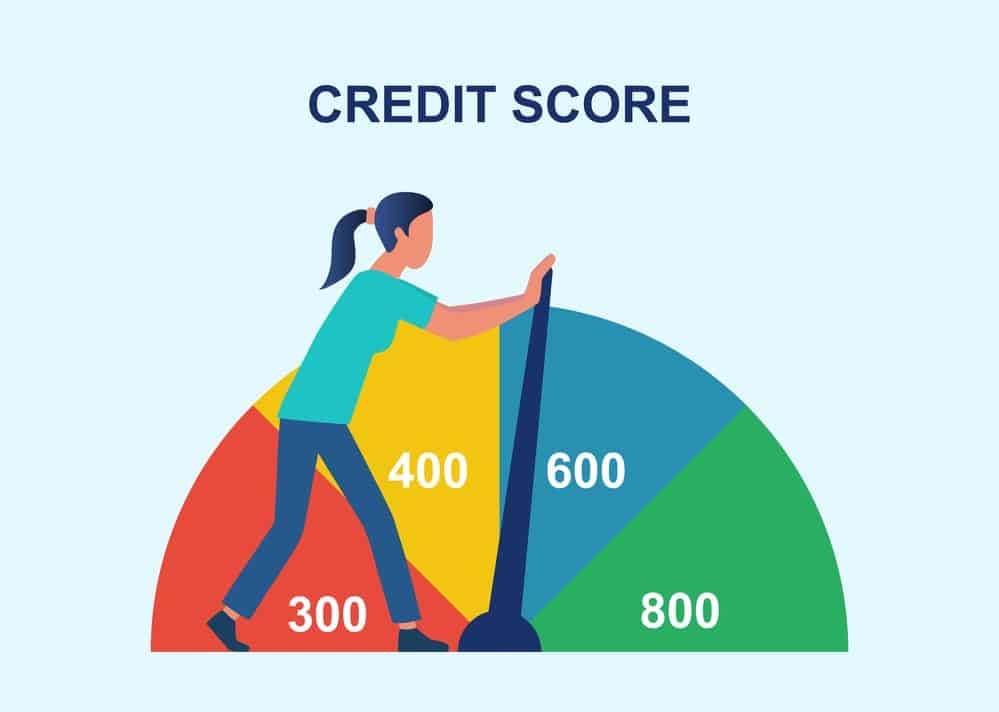For many people, the idea of medical debts haunting their credit reports can be a source of constant worry. Fortunately, in recent years, there has been a positive change in the financial landscape. The removal of medical debts under $500 from credit reports has been a game-changer, resulting in increased credit scores for countless individuals. In this blog, we will explore how this change has had a significant impact on the financial well-being of many Americans.
The Burden of Medical Debts
Medical debts have long been a major concern for individuals in the United States. Even with health insurance, people can find themselves facing unexpected medical expenses, which can quickly pile up. These debts are often sent to collections agencies, negatively impacting credit scores and making it difficult for individuals to secure loans or lines of credit.
Credit Scores and Their Importance
Credit scores are essential in today’s financial world. They determine whether you can qualify for loans, credit cards, or even favorable interest rates on mortgages. A low credit score can limit your financial opportunities and affect various aspects of your life, from buying a car to renting an apartment.
The Impact of Medical Debts on Credit Scores
Before the change in policy, medical debts under $500 had a disproportionate impact on individuals’ credit scores. These small debts could lower credit scores significantly, making it harder for people to access credit or obtain loans at reasonable terms. Furthermore, the process of removing these debts from credit reports was often complex and time-consuming, adding to the financial burden.
The Change in Policy
The removal of medical debts under $500 from credit reports has been a welcome relief for many. The three major credit bureaus – Equifax, Experian, and TransUnion – made this policy change to improve the accuracy of credit reports and give individuals a fairer chance to rebuild their credit.
The Positive Outcomes
- Improved Credit Scores: With the removal of small medical debts, many individuals have experienced an immediate boost in their credit scores. This has opened doors to better financial opportunities, from securing lower interest rates on loans to obtaining higher credit limits on credit cards.
- Increased Access to Credit: A higher credit score means improved access to credit. Individuals can now apply for loans, credit cards, and other financial products more confidently, knowing they are likely to qualify.
- Reduced Financial Stress: The removal of these minor medical debts has reduced financial stress for countless people. They no longer have to worry about how these small debts will affect their financial future.
- Better Financial Health: Improved credit scores can be a stepping stone to better financial health. With a more solid credit foundation, individuals can work towards achieving their financial goals, such as homeownership or starting a business.
The removal of medical debts under $500 from credit reports is a positive development that has had a significant impact on many Americans. It has not only improved credit scores but also opened up new financial opportunities and reduced financial stress. As the financial landscape continues to evolve, it is crucial to stay informed about such changes and their potential impact on your financial well-being.

